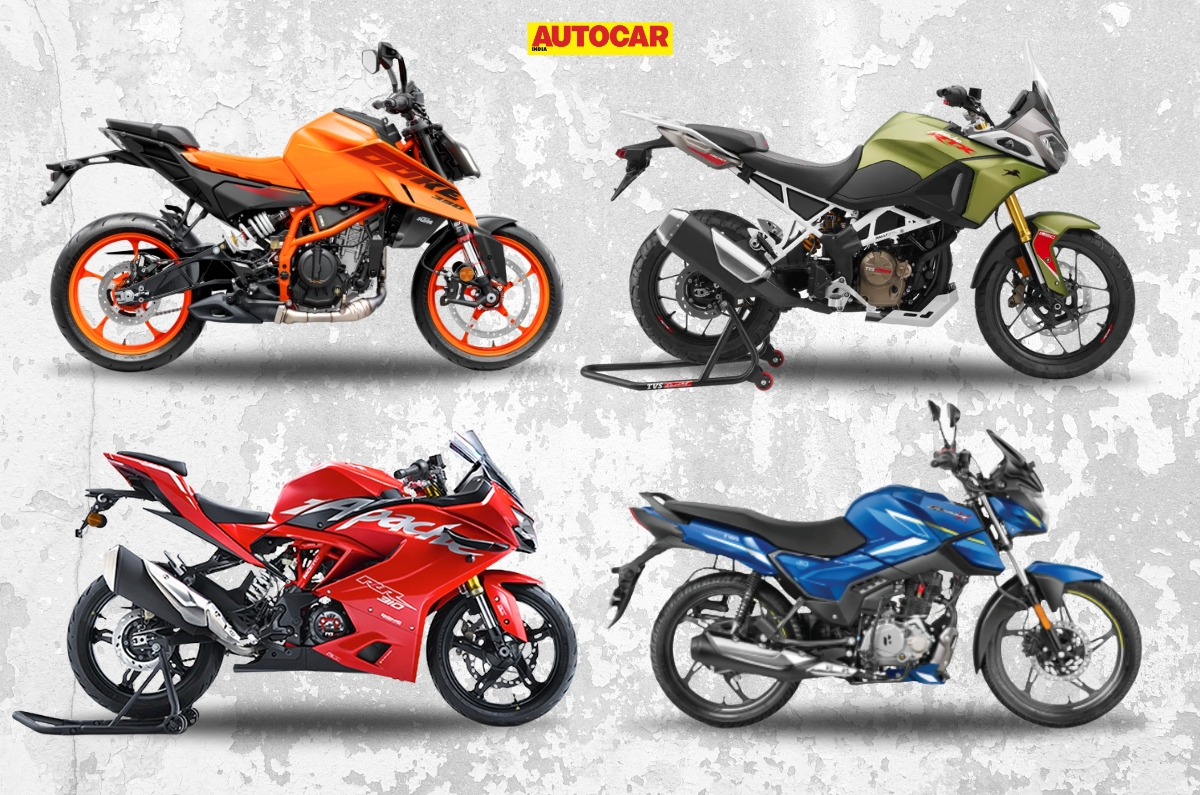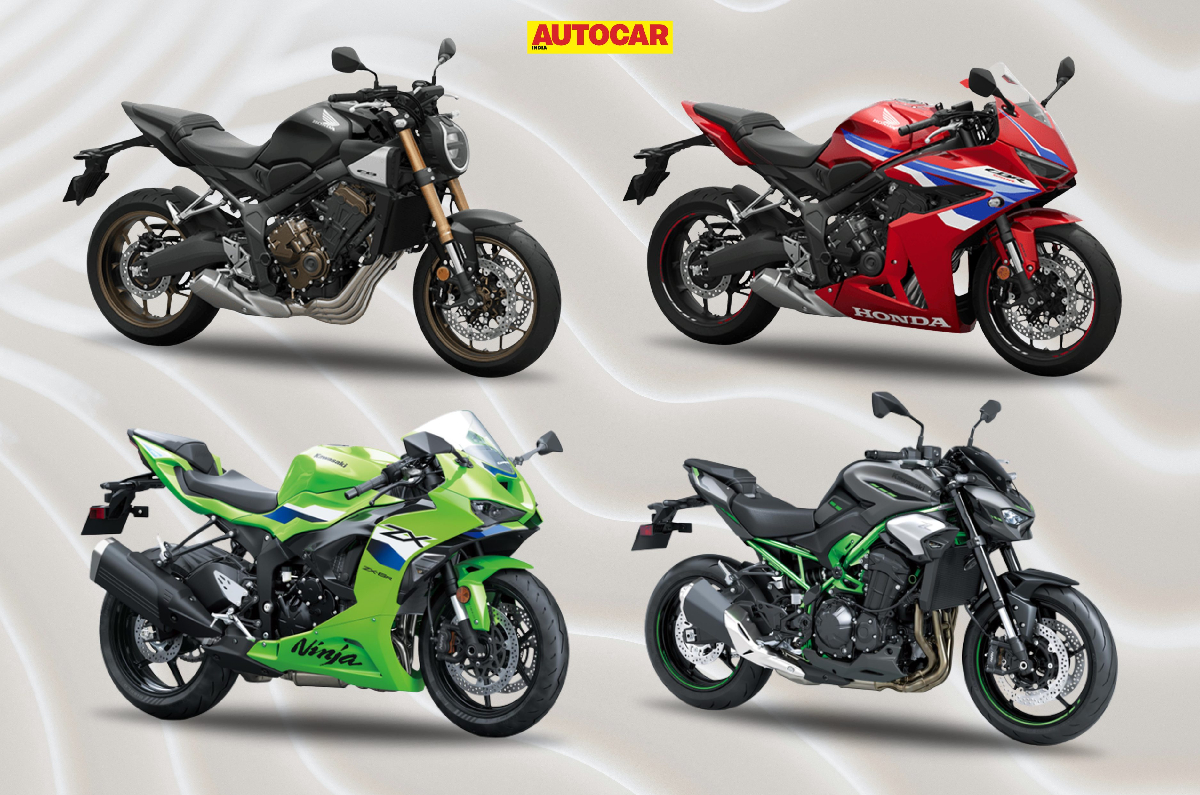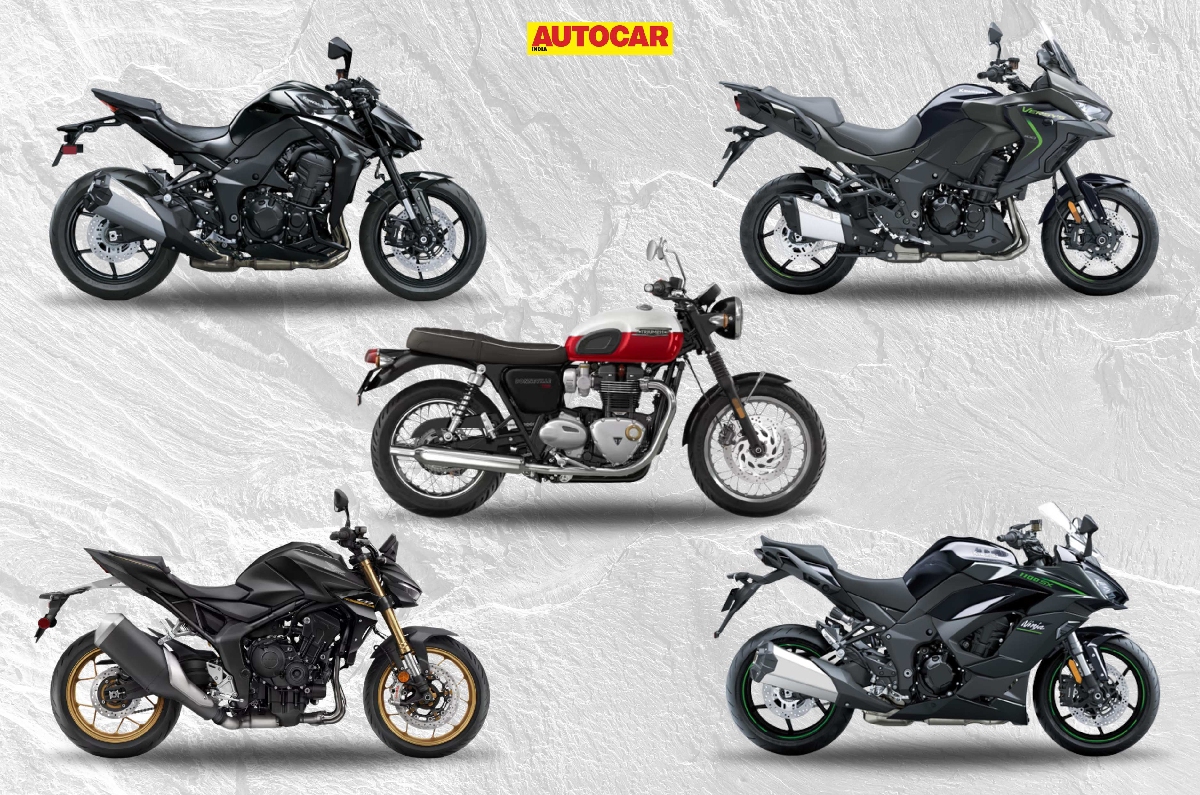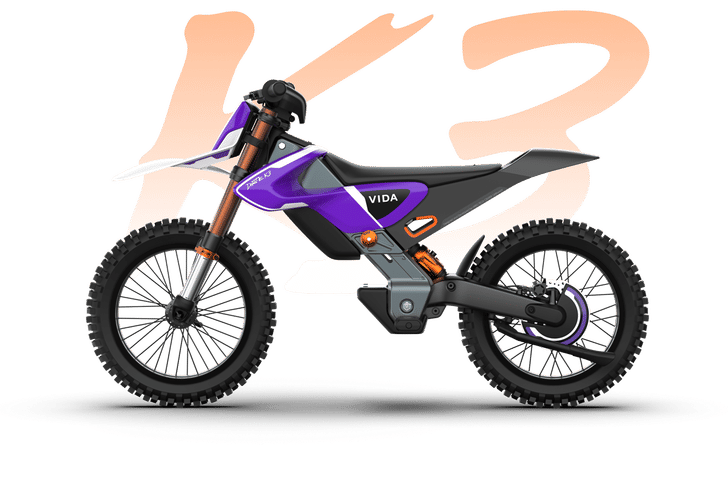The new Eliminator 500 may look like a cruiser but has bonafide sportbike underpinnings, so we pit it against a true-blue Indian cruiser as well as an older sibling from Kawasaki.
Kawasaki Eliminator 500 vs rivals: engine & output
| Engine, output | |||
|---|---|---|---|
| Kawasaki Eliminator 500 | Royal Enfield Super Meteor 650 | Kawasaki Vulcan S | |
| Engine | Liquid-cooled, 451cc, parallel-twin | Air/oil-cooled, 648cc, parallel-twin | Liquid-cooled, 649cc, parallel-twin |
| Power | 45hp at 9,000rpm | 47hp at 7,250rpm | 61hp at 7,500rpm |
| Power-to-weight ratio | 255.68hp/tonne | 195hp/tonne | 259.57hp/tonne |
| Torque | 42.6Nm at 6,000rpm | 52.3Nm at 5,650rpm | 62.4Nm at 6,600rpm |
| Gearbox | 6-speed | 6-speed | 6-speed |
Considering that the Eliminator borrows its engine from the new Ninja 500 unchanged, it's not surprising its peak power is made at a heady 9,000rpm. The Vulcan S is the torquiest bike here, unsurprisingly due to its cubic capacity advantage as well as the fact that its liquid-cooled. Despite having the smallest engine and lowest peak output figures, the Eliminator has a power-to-weight ratio nearly equal to that of the larger Vulcan, which is in large part down to its light 176kg kerb weight.
Both the Kawasaki engines have 180-degree firing orders which means their engines don’t have a very ‘cruiser-y’ rumble but happily, the Royal Enfield Super Meteor utilises a 270-degree firing order for a more pleasing aural experience.
Also See:
Feature: 4,000km aboard a Royal Enfield Super Meteor
Kawasaki Eliminator 500 vs rivals: weight, dimensions
| Weight, dimensions | |||
|---|---|---|---|
| Kawasaki Eliminator 500 | Royal Enfield Super Meteor 650 | Kawasaki Vulcan S | |
| Kerb weight | 176 kg | 241 kg | 235 kg |
| Seat height | 735mm | 740mm | 705mm |
| Wheelbase | 1520mm | 1500mm | 1575mm |
| Fuel capacity | 13 litres | 15.7 litres | 14 litres |
| Ground clearance | 150mm | 135mm | 130mm |
The Vulcan S will be easiest for shorter riders to plant their feet firmly on the ground, although with its underbelly exhaust and lowest ground clearance number it does come with its sacrifices. By far the lightest bike here, the Eliminator also holds the least amount of fuel but has the most ground clearance.
Kawasaki Eliminator 500 vs rivals: suspension, brakes
| Suspension, brakes | |||
|---|---|---|---|
| Kawasaki Eliminator 500 | Royal Enfield Super Meteor 650 | Kawasaki Vulcan S | |
| Suspension (f) | Telescopic fork | USD fork | Telescopic fork |
| Suspension (r) | Twin shock absorbers | Twin shock absorbers | Offset monoshock |
| Brakes (f) | 310mm disc | 320mm disc | 300mm disc |
| Brakes (r) | 240mm disc | 300mm disc | 250mm disc |
| Tyres (f) | 130/70-18 | 100/90-19 | 120/70-R18 |
| Tyres (r) | 150/80-16 | 150/80-16 | 160/60-R17 |
Despite using sportbike-derived hardware, both the Kawasaki bikes sport a simpler telescopic front fork unlike the chunky 43mm Showa USD fork on the relatively laidback Super Meteor 650. Incidentally, the Super Meteor has the most cruiser-typical brake disc sizes, with the rear disc being almost as large as the front unit, owing to the way the weight is distributed on this class of bikes. In terms of wheel sizes, the Eliminator has more in common with the Super Meteor 650, both utilising a smaller rear wheel than the front one for that typical form-over-function cruiser stance.
Kawasaki Eliminator 500 vs rivals: features
None of these bikes have any groundbreaking features and are nearly on par when it comes to this aspect. The Eliminator has a circular digital display while the Vulcan uses a semi-digital dash that’s the same as the 2016 Kawasaki Versys 650. Both the Kawasaki models come standard with the Ergo-fit system which allows customers to choose from different optional handlebar and foot peg set-ups at the time of purchase to tailor the ergonomics for themselves.
Much like the Vulcan S, the Royal Enfield Super Meteor 650 uses a digi-analogue dash complemented by the LCD Tripper navigation pod. The Tripper pod was recently updated with connected Wingman features which allow owners to track where they last parked the bike, get real-time RSA alerts and can even navigate to the nearest service centre.
Kawasaki Eliminator 500 vs rivals: price
| Price | |||
|---|---|---|---|
| Kawasaki Eliminator 500 | Royal Enfield Super Meteor 650 | Kawasaki Vulcan S | |
| Price (ex-showroom, India) | Rs 5.62 lakh | Rs 3,63,900 – Rs 3,94,347 | Rs 7.10 lakh |
As with most sub-500cc Kawasaki models in India, the Eliminator 500 comes with a hefty price tag due to the fact that it's a CKD import. The larger and more powerful Vulcan S is priced just Rs 1.48 lakh above the Eliminator, which could lure buyers to the bigger Kawasaki cruiser. And compared to both of these the Royal Enfield Super Meteor is much more affordably priced and doesn’t really give up much whether we’re talking about the cycle parts used, quality or feature-set.
Also See:
Royal Enfield Super Meteor 650 long term review, 8,800km report






































